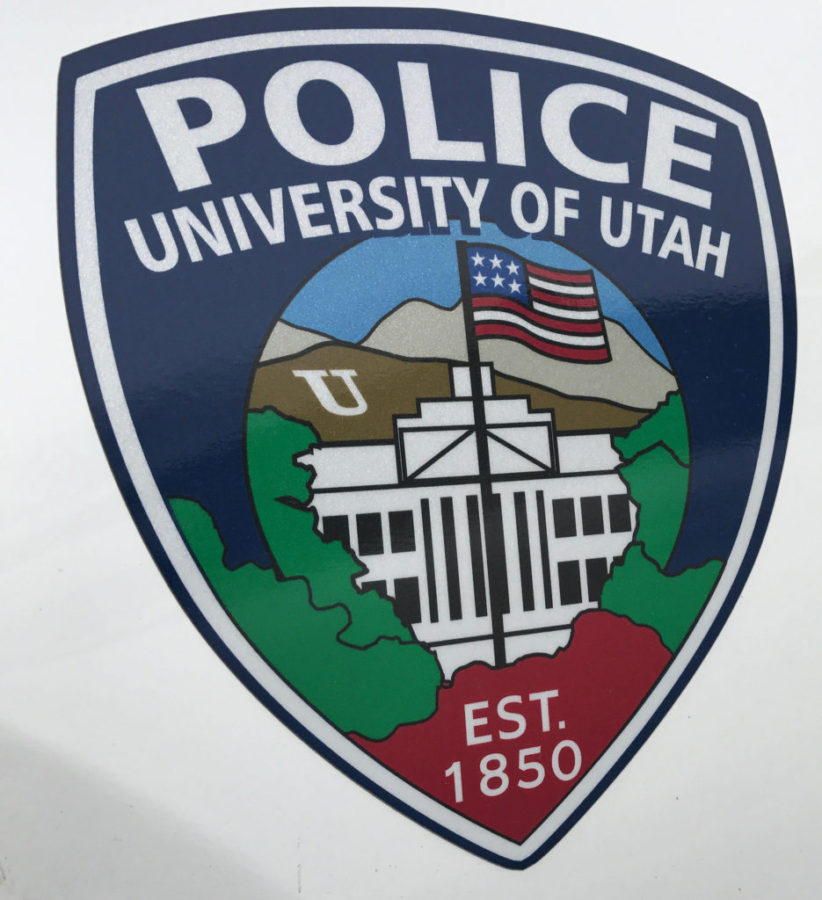Scandals are loud while change is sometimes comparatively quiet. The increasing number of videos showing police officers killing unarmed black men across the nation has prompted calls for police reform nationwide. On the other hand, some prominent police unions have denounced reform efforts, much to the dismay of those who are outraged and want to see real changes in policing. But in the background of all that big talk, real change is happening in small ways at various departments throughout the country. Sometimes change requires patience, concessions and moderation, with a recognition that more work has to be done. Because of this, police reform is possible and fixing it may require us to focus our efforts locally.
Reform takes time, a fact that is readily apparent when we discuss possible ways to change police department practices. It is true that reform won’t be easy, especially because of the opposing forces between activist reformers and police unions. But be comforted by the fact that no major social change is easy. Movements around issues like environmentalism show us that change can happen slowly and that incremental steps must occur over time. Since the environmental movement remains active today and has succeeded in getting substantial policy changes administered, it is clear that the “tree huggers’” long-time struggle has paid off.
Police reform is actually aided by the variety of local and community-level actors involved. Reform in a small town’s police department has an effect on the citizens living there. These decisions aren’t isolated — local and state governments often look for clues on how to reform from other places, allowing these adapting communities to serve as models for others. Body cameras are a perfect example, considering their use within departments is greatly increasing because of the example set by some other larger departments.
Looking at a nationwide picture of reform can help us hold on to hope for real change. The fact that some communities are vehemently against reform is a shame, but that is a problem that is ultimately faced by almost every reform movement. Opposition has not stopped communities in the past from experimenting with changes they believe will be beneficial.
An example of the possibilities of reform can be found in Chicago, which was once seen as the best example of police corruption after officers were caught fabricating evidence to justify the 2014 killing of unarmed Laquan McDonald. After the killing and subsequent cover-up became known nationwide, Chicago mayor Rahm Emanuel decided to enforce a series of large reforms, including requiring the use of body cameras and the creation of a new agency to investigate police wrongdoing. This is evidence that as issues within departments come to light, there is hope in the power of public pressure. Public scrutiny can speed reform even against the staunchest opponents. Millions of people have decided that these police shootings are unacceptable and because of that we have seen real pushes for change. The fact that we have challenged it at least somewhat through the use of new training programs and body cameras is a great start.
The most important thing to keep in mind moving forward is that concerned citizens do have a large role to play in social change. Chicago shows that pressure can force cities to listen to their people. Although we are seeing slow movement in some parts of the country, it is definitely conceivable that public pressure and changes made through the examples of other police departments could start to change that. In addition to hard work and vision, we need to give the process time.












